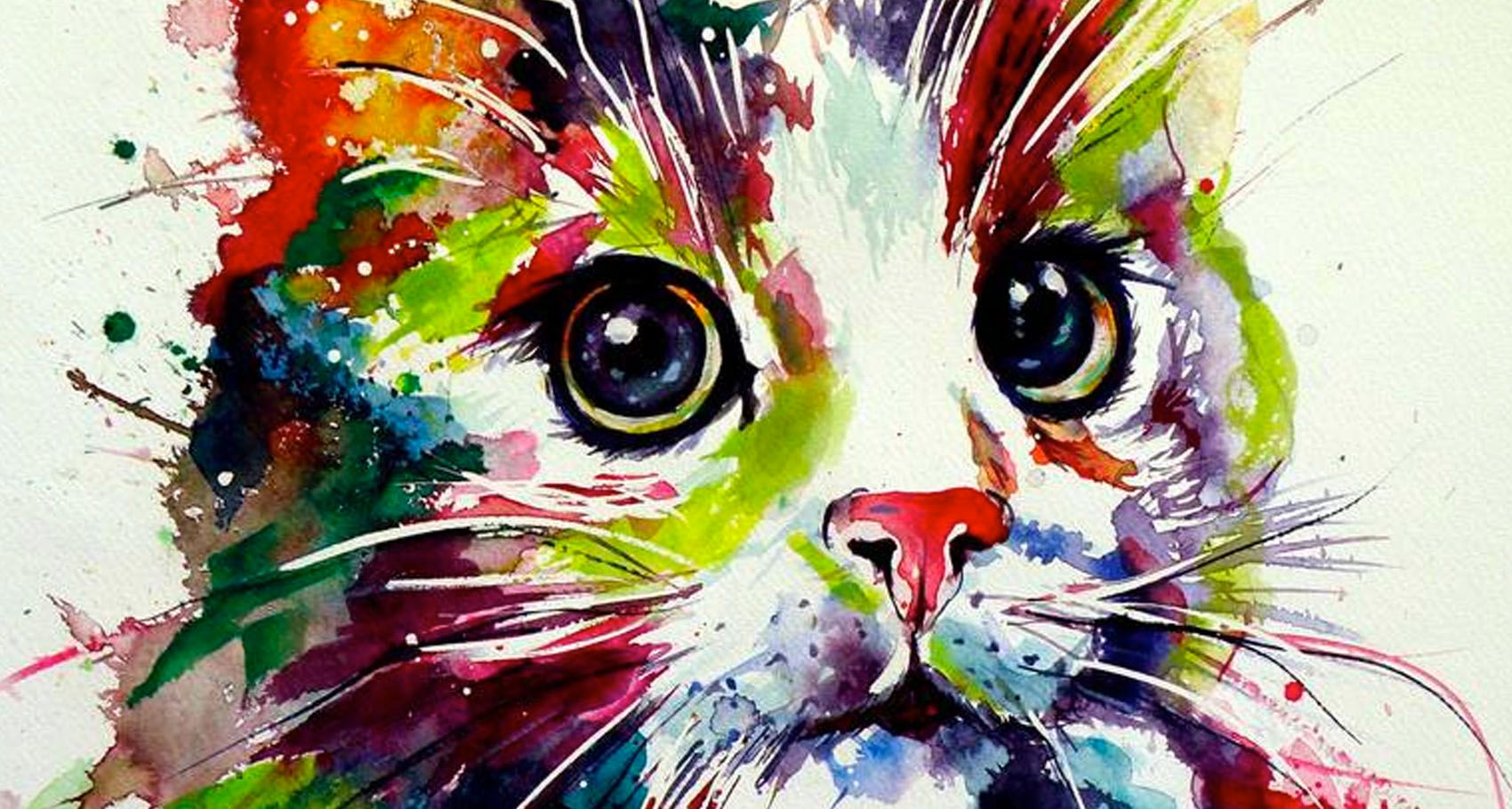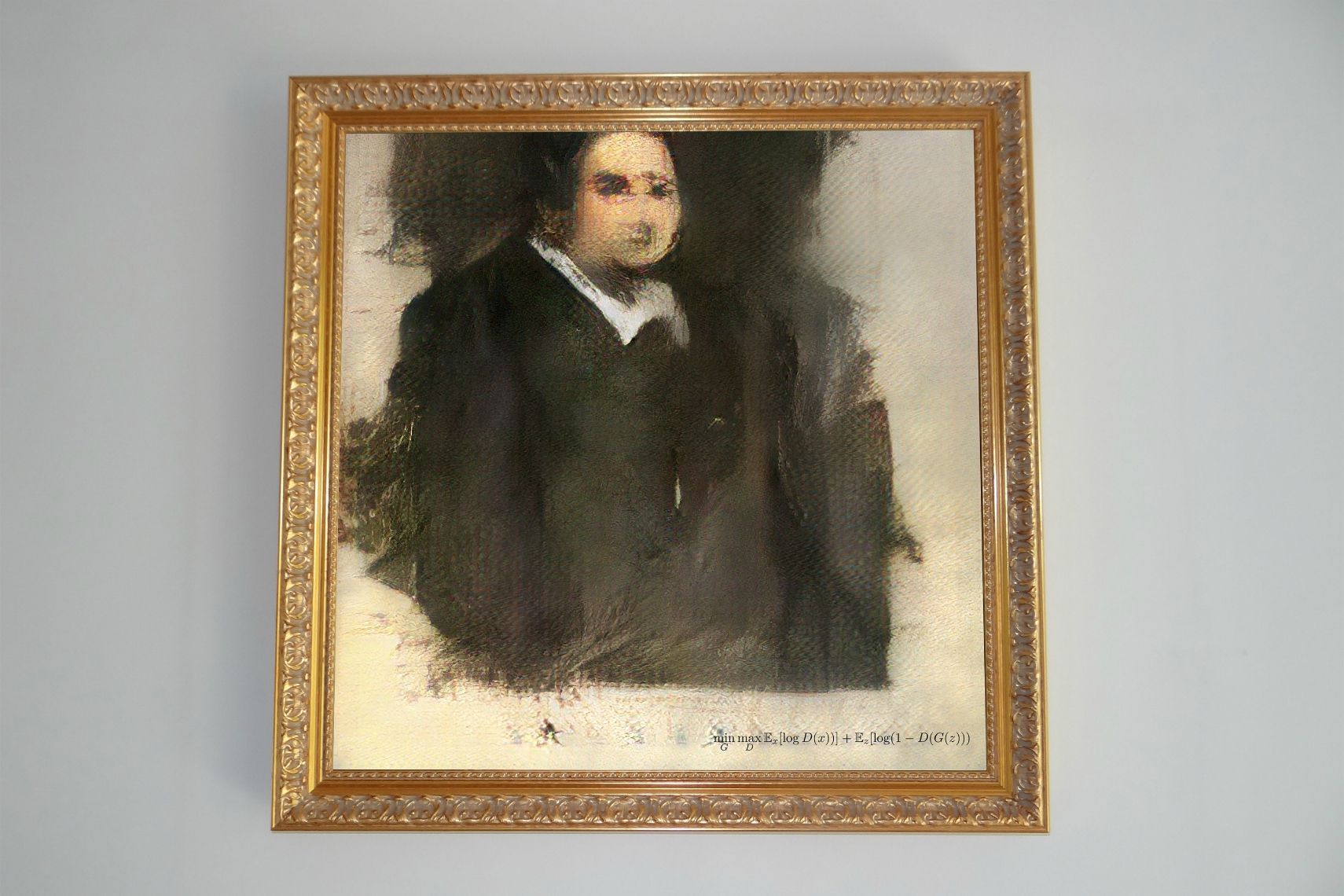We’ve all heard the chorus of voices lamenting the impending loss of countless industries to the rise of artificial intelligence. Our roads will soon be dominated by self-driving cars, our groceries will all be processed through self-checkouts, and our manual labor jobs will be taken over by robots. Still, the one industry we thought would be untouched by the dispassionate and efficient AI takeover appears to be more vulnerable than we imagined. Could a new painting produced by artificial intelligence and sold at auction this week signal the end of art as we know it?
The BBC was the first to report on this bespoke work of AI art. The piece in question is a portrait called “Edmond de Belamy,” and it is the first piece of AI art to go under the hammer at a major auction house.
The BBC report shows a video of the portrait, which looks remarkably impressive, on display at Christie’s, the renowned auction house that sold the painting earlier this week. De Belamy is a fictional character described by Christie’s as a “portly gentleman, possibly French and — to judge by his dark frockcoat and plain white collar — a man of the church.”
Richard Lloyd, an employee of Christie’s specializing in prints and multiples, describes the realistic appearance of the painting as a “real shock.” It is only when you are up close to the painting and read the label that you realize all is not as it seems.
The system behind the painting was created by a French art collective called Obvious, and it works by creating replicas of human-made art. The eventual goal of the system is to create a replica so close to the original that it is unable to tell the difference between the two.
RELATED: 15 Signs That The Robot Uprising Has Already Started
In an interview with the BBC, Hugo Caselles-Dupres, one of the masterminds behind Obvious, describes the work that goes into the project. Instead of speaking in poetic and descriptive terms as one might expect of an “artist,” Caselles-Dupres talks of “feeding data to algorithms” to create the controversial artwork. These algorithms are then featured on the painting itself in place of an artist’s signature.
It may be controversial and devoid of the romantic notions often associated with century-old paintings, but there is clearly an appetite for artificial intelligence artwork. The painting sold for $432,500, crushing its estimated closing price of $7,000 - $10,000.
Budding artists, beware. You may well be facing stiff competition from robots and computers in the not-too-distant future.
RELATED: Jaguar's Self-Driving Car Looks Like A Sentient Robot Having An Existential Crisis


